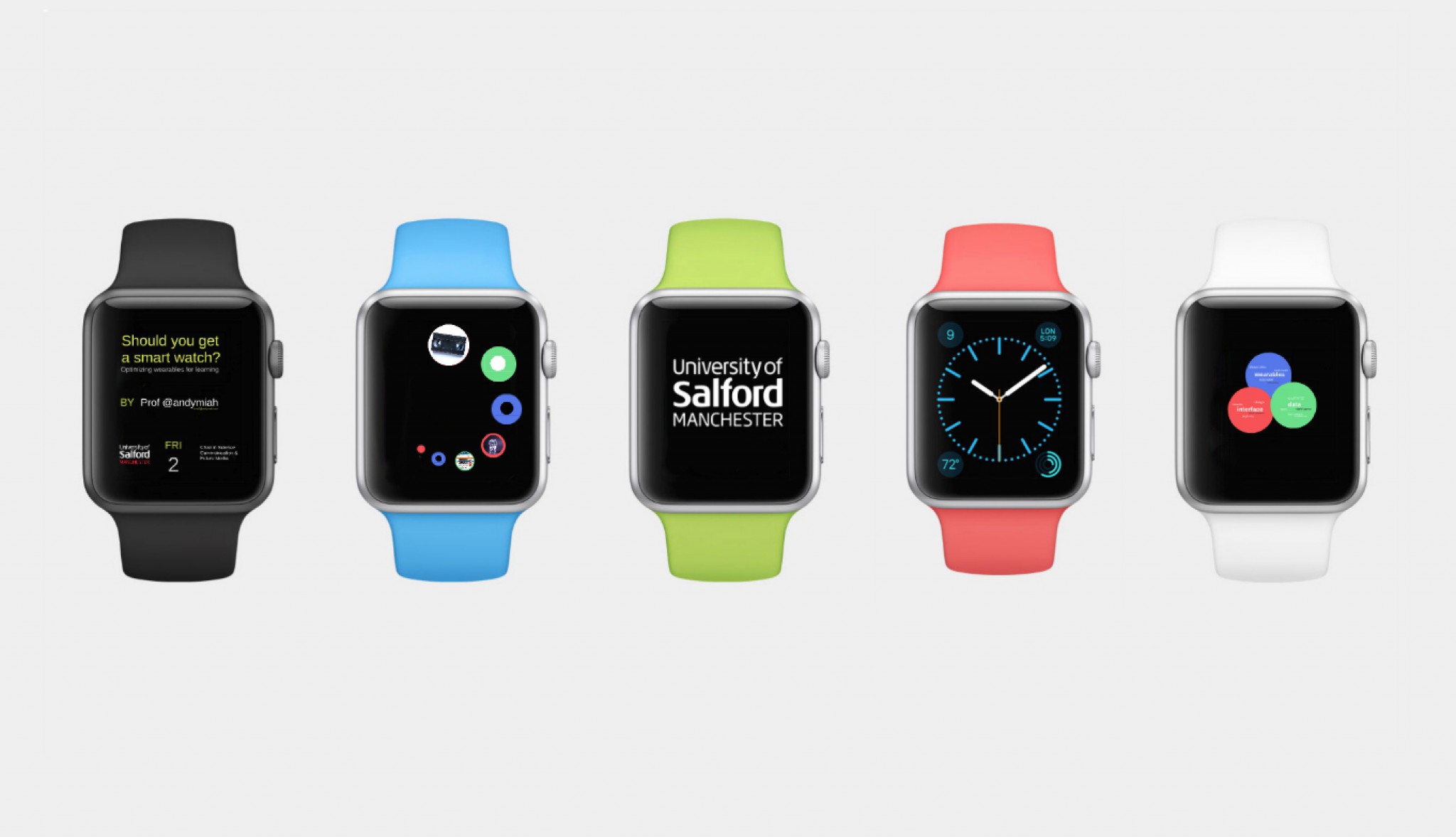Tomorrow, I am compèring the Digital Utopias conference, an event curated by @ANDfestival and produced by @GoogleUK @ACE_NAtional @Hull2017 @theSpaceArts and @BritishCouncil It's an extraordinary programme. Here's the brief:
Digital Utopias is a one-day conference which will inspire and incite debate about how new technologies are enabling creativity across the arts. The conference aims to capture topical and diverse approaches to curation, archiving, collecting and creating from a range of art forms, from the visual arts to theatre.
The event will provide an opportunity to discuss new tools and emergent practice, whilst delegates will connect with international arts organisations and specialists in the field to unpick the creative and critical challenges facing organisations today.
and here's the programme:
Morning Sessions
Sessions in the main theatre will be compèred by Prof Andy Miah.
10:00-10:20
Welcome from Sir Peter Bazalgette, Chair, Arts Council England and James Davis, Programme Manager, Director, Google Cultural Institute
Main Theatre
10:30-12:00
Debate: After the future
Main theatre
After the future examines how art is changing in the digital age and how new behaviours and systems are emerging in the creation, exhibition, interpretation and dissemination of art. Through sharing recent and historical examples, the panel will examine the challenges of classifying a growing and chaotic field. Asking questions such as; What are the practical challenges and values, which should inform the future? And how can our media art history inform the sector?
Chair: Sarah Cook, Morgan Quaintance, Ruth Mackenzie (The Space) and Jon Thomson (Thomson and Craighead)
Or choose from the following sessions:
10:30-12:00
Clinic: What to do with your data?
Rehearsal space
Puzzled by Open data, big data and meta data? You are not alone! Led by CEO Gavin Starks and Art Associate Julie Freeman, this Open Data Institute session demonstrates what art organisations can do with their data and the small steps you can make right away.
Led by CEO of ODI Gavin Starks and Julie Freeman.
10:30-11:30
Showcase: Presentation and talk by James Davis, Programme Manager at the Google Cultural Institute
Studio theatre
Google Creative Lab UK will talk about their chrome web experiments, games and prototypes.
12:00-13:00
Lunch lower and upper foyer
Afternoon Sessions
13:00-14:30
Debate: Disruptive Innovation
Main theatre
This panel will unpick alternative models of “innovation” through examining production models and their cultural value. Interdisciplinary artistic practice can create new platforms, resources and art forms, but what are the benefits to artistic practice and how can cultural appropriation be avoided?
Led by Tatiana Bazzichelli (Curator and writer) Memo Akten (Artist), Lynn Scarff (Programme Director of The Science Gallery) and Jose Luis de Vicente (curator and researcher).
Or choose from the following sessions:
13:00-13:45
Showcase: Designing Performance (Performance & Interactivity)
Studio theatre
From sensory performances to projection mapping technologies, we invite The Royal Shakespeare Company’s Sarah Ellis, artists Marshmallow Laser Feast and theatre company Extant to discuss how performance is being enhanced by new technologies and the challenges of live performance in the flesh and online.
13:00-14:30
Clinic: Archiving & preserving in the Digital age
Rehearsal space
How do we ensure long-term access to digital information through collecting, archiving and preservation? This session gives hands on tips for museums, curators and collectors on both moving image and social media archiving.
Led by Dragan Espenchied, Rhizome and Luke Collins from Lux, Scotland.
14:00-14:45
Showcase: Copy and Paste (Literature & Publishing)
Studio theatre
Changes in technology have played pivotal roles in literature (from Gutenberg to GoogleDocs) and we invite showcases from writers, publishers and software developers who are looking at everything from generative writing, books as code and alternative distribution models.
Led by Jim Hinks, Comma Press and Joanna Ellis from the Writing Platform.
Afternoon break – 15 mins
Choose from:
14:45-16:15
Debate: Activate the Public Space
Main theatre
The public space is augmented with information, networks, forces, bodies, buildings and technology. How do we define the public space? How do we create work for a time where the distinction between being offline and online is harder distinguish. We hear from a range of organisations, who have opened up new social spaces, data and communities through gaming, networked objects and growing DIY communities.
Led by Ruth Catlow (Furtherfield) Prof Jennifer Gabrys (artist), MolMol (Yes Yes No) and Iain Simons (GameCity).
15:00-15:45
Showcase: Curating Networks
Studio theatre
Curating Networks showcases projects that rethink ideas of authenticity, ownership and authorship in relation to archives, collections and traditional formats and gallery spaces.
Led by Katrina Sluis (Photographers Gallery), and Irini Papadimitriou (V&A) and Hullcraft (Joel Mills and Hannah Rice) University of Hull.
16:15
Closing remarks
Main theatre
16:45-17:30
Showcase: Crafting Code (Art and Science)
Studio theatre
Crafting Code explores the role of new materials in art production and how data can be materialised, examining the interchangeable role of artists, engineers and makers. We invite presentations on the ‘algorithmic’ opportunities this expanding field is developing, from design, digital sculpture and science to 3D modelling & wearable technology.
Speakers include Karen Gaskill (Crafts Council), Gretchen Andrew and Matthew Plummer-Fernandez.
16:45-18:00 Clinic: R&D as serious play
Rehearsal space
This session will bring together representatives from a selection of recent R&D projects to discuss how to design and manage a process that is playful and serious at the same time. Facilitated by a representative from the Digital R&D Fund, each representative will share their experience, before moving into a panel discussion and workshopping ideas with the audience. Creative technology projects are not just about delivering an end product - managing a R&D process which is creative, useful and rewarding for all parties is where the magic happens.
17:00-18:00 Networking Drinks
Foyer
18:00-18:30
Performance: The Measures Taken
Main theatre
The day will finish with an immersive digital art work. ‘The Measures Taken’ is a collaboration between Marshmallow Laser Feast and Alexander Whitley Dance Company. Both a dialogue, and a duet between human movement and the digital world, this performance promises to be visually striking and kinetically charged.
- See more at: http://www.artscouncil.org.uk/jobs-and-conferences/conferences/digital-utopias/programme/#sthash.ymmObLsu.dpuf
Credit: Karl Andre Photography



























